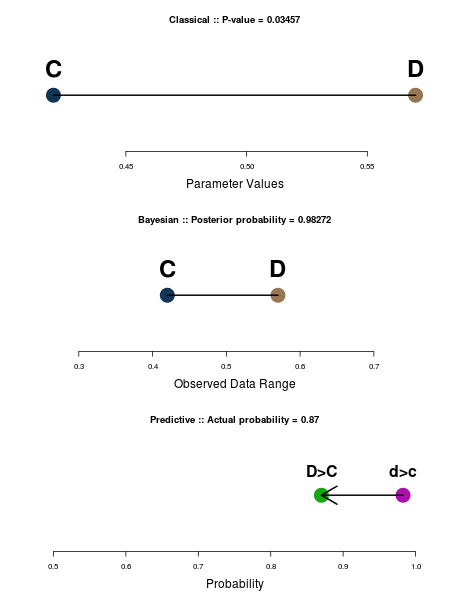


Although enormous strides have been made in tailoring a variety of approaches to systemic therapy, the role of radiation oncology in precision medicine is just beginning to emerge. Precision medicine refers to the tailoring of treatment to the individual characteristics of each patient, based on inherent susceptibilities. Recent years have been marked by the development and expanded use of precision medicine in cancer therapeutics. However, individual responses to RT vary widely among disease types and patient populations. Radiation therapy (RT) remains a mainstay of modern oncologic treatment, with more than half of all patients receiving RT during their treatment course. In the future, the use of predictive models based on genomic determinants may become standard practice in radiation oncology, offering the potential to further personalize the delivery of RT and optimize the therapeutic ratio. Currently, molecular markers relevant to breast, lung, and head and neck cancers have been integrated into clinical practice and serve as predictive tools to guide systemic therapy. Single nucleotide polymorphisms, single genes, and/or gene signatures could ultimately serve as the basis for patient stratification in prospective clinical trials. Genetic markers have been identified that could ultimately serve as the foundation for predictive models in clinical practice, and that hold the potential to revolutionize the delivery of precision medicine in oncology. The understanding of the relationship between genetic variation and an individual patient’s response to radiation therapy (RT) has gained significant ground over the past several years.


 0 kommentar(er)
0 kommentar(er)
